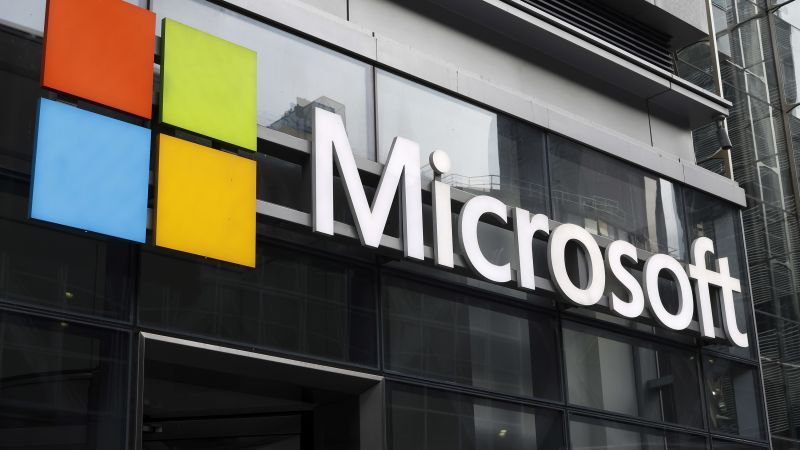In a recent announcement, Microsoft and Google have pledged to provide free or discounted cybersecurity services to rural hospitals in the United States to protect them from cyberattacks that have endangered patient care and lives. This initiative, as confirmed by the White House and the tech firms, aims to offer security updates, assessments, and training to eligible rural hospitals to enhance their cybersecurity defenses.
Rural community hospitals, numbering around 1,800 in the nation, are particularly susceptible to ransomware attacks due to their lack of IT resources and trained staff. The critical nature of these hospitals, often the sole healthcare providers for miles around, makes them prime targets for cybercriminals seeking to disrupt their operations and put patients at risk.
The collaboration between Microsoft, Google, and the White House National Security Council comes as a response to the escalating cyber threats faced by hospitals. The intention is to leverage the widespread use of Microsoft and Google software in healthcare facilities across the country to bolster the sector’s cybersecurity defenses and address existing vulnerabilities.
Anne Neuberger, the top cyber official at the White House National Security Council, highlighted the urgency of the situation, stating, “We’re in new territory as we see this wave of attacks against hospitals.” The Biden administration is also working on establishing minimum cybersecurity requirements for US hospitals, with details of the proposal still under development. However, the American Hospital Association has expressed opposition to the plan, citing concerns about penalizing hospitals in the aftermath of cyberattacks.
Recent data released by the Office of the Director of National Intelligence indicates a significant increase in ransomware attacks targeting the US healthcare sector, with a 128% rise in 2023 compared to the previous year. High-profile incidents, such as the ransomware attack on a major health insurance billing firm in February, have brought attention to the sector’s vulnerability and the dire consequences of such attacks.
Efforts by the FBI and international partners to combat ransomware gangs have yielded some successes in disrupting their operations, but the prevalence of ransomware as a lucrative criminal enterprise persists. The healthcare sector remains an attractive target for cybercriminals, as hospitals under pressure to restore services are often inclined to pay ransoms to regain control of their systems.
The recent cyber incident in Cleveland, resulting in the closure of City Hall as a precaution, serves as a stark reminder of the ongoing threat posed by cyberattacks to essential services and infrastructure. The city is currently investigating the nature and scope of the abnormalities detected in its systems, while essential emergency services continue to operate with limited IT capabilities.
As the cybersecurity landscape continues to evolve and threats to critical infrastructure persist, collaborative efforts between government agencies, tech companies, and healthcare providers are crucial to safeguarding vital services and protecting public safety.











